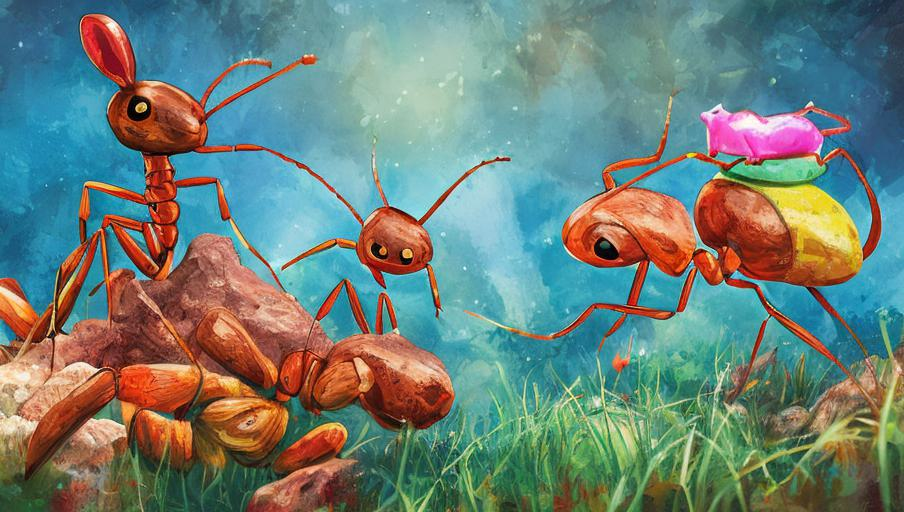Learning from Ants: How We Can Protect Them

The Importance of Ants in Nature
Ants are some of the most abundant creatures on the planet, with an estimated 10,000 species living worldwide. As social insects, they form complex colonies and work together to achieve their goals. They are essential to our environment, playing an important role in the food chain and helping to cycle nutrients in the soil. Ants also serve as a food source for many other species, such as birds, reptiles, and amphibians.
But ants are more than just a food source; they also play a vital role in maintaining a healthy ecosystem. They provide essential pollination services and help to aerate the soil. They also help to control the population of other insects by preying on them, which helps to keep the balance of nature in check.
Threats to Ants
Unfortunately, ants are facing numerous threats to their survival. Human activities, such as deforestation, urbanization, and the use of pesticides, are destroying ant habitats, leaving them with fewer resources and less space. Other threats include climate change, which can cause changes in temperature and moisture levels that can be detrimental to ant colonies.
In addition, invasive species can pose a serious threat to native ants. These species can compete for resources, spread disease, and alter the natural balance of the ecosystem. The introduction of fire ants, for example, has had a devastating effect on native ant colonies in many parts of the world.
What We Can Do to Help Ants
Given the threats to ant populations, it is important that we take steps to protect them. One way to do this is to create and maintain ant-friendly habitats. This can be done by providing suitable nesting sites, such as overturned logs and stones, and by planting native plants that provide food and shelter.
It is also important to reduce the use of pesticides and other chemicals. These can have a devastating effect on ants and other beneficial insects. Finally, it is important to be mindful of our impact on the environment and to take steps to reduce our environmental footprint. This includes reducing our consumption of resources, such as water and energy, and limiting our waste production.
Conclusion
Ants are an essential part of our environment and it is important that we take steps to protect them. By creating and maintaining ant-friendly habitats, reducing the use of pesticides and other chemicals, and reducing our environmental footprint, we can help to ensure the survival of these fascinating creatures.





